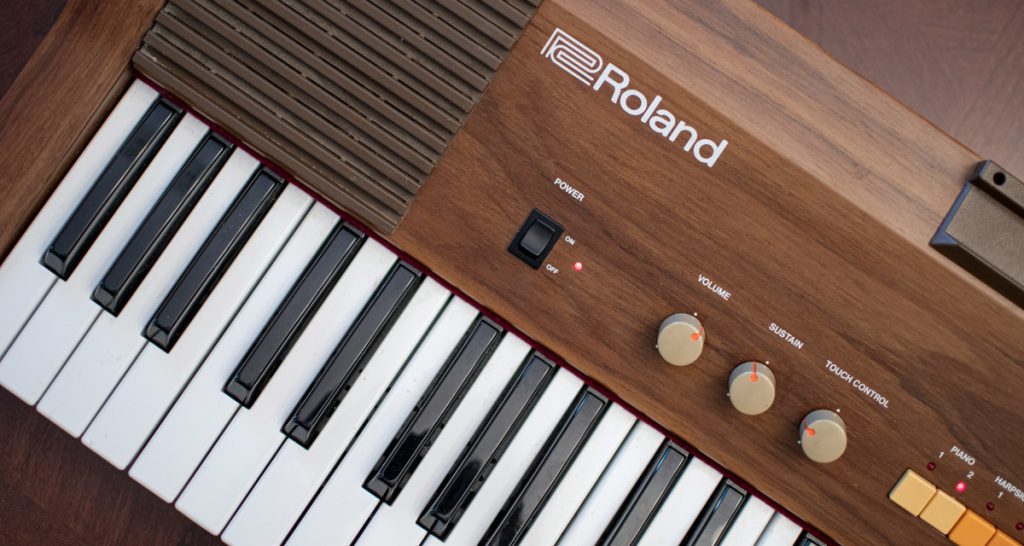
Universal Music and Roland have announced over 50 endorsements for their ‘Principles for Music Creation with AI’ guidelines. Photo Credit: Trac Vu
Back in March, Universal Music Group (UMG) and Roland unveiled their “Principles for Music Creation with AI.” Now, amid the major labels’ newly filed infringement suits against Suno and Udio, north of 50 total companies and organizations have endorsed the guidelines.
UMG and Roland confirmed as much in a formal release, touting the relevant principles specifically as “clarifying statements relating to the responsible use of AI in music creation.” For a quick refresher, the “core” declarations at hand emphasize that “music is central to humanity” and “that transparency is essential to responsible and trustworthy AI,” among other straightforward things.
Against the backdrop of a rapidly evolving AI music landscape – and increasingly pressing questions about the training procedures behind leading generative models – an array of different companies and entities evidently support the message.
All told, those supporters already exceed 50, with new signees including but not limited to NAMM, Sydney University, BandLab Technologies, Splice, Soundful (in which Universal Music has a stake), Beatport (itself a Soundful investor), and GPU Audio.
Execs with several of these companies provided statements for the release from UMG and Roland, which themselves addressed the 50-endorsement milestone as well as the overarching significance of prioritizing transparency in AI.
On the former front, BandLab Technologies co-founder and CEO Meng Ru Kuok, whose company has an AI-focused tie-up in place with UMG, described it as “our responsibility to thoughtfully ensure that AI supports artists and respects their creative integrity.”
And Splice CEO Kakul Srivastava, whose company has also embraced the development of AI products, said it’s “a critical time to support responsibility around new technology.” Meanwhile, UMG SVP of strategic technology Chris Horton pointed to the need for “a thoughtful approach to AI adoption.”
“We are pleased to see the growing list of Principle supporters from across the ecosystem of tools, services, educators, and services addressing the needs and interests of current and future artists,” summed up Horton, a UMG vet of approximately 24 years.
“The scope of support reflected by all of these participating organizations clearly indicates emerging consensus about the importance of strongly advocating a thoughtful approach to AI adoption,” he concluded.
The coming months and particularly years will reveal exactly what this “thoughtful approach” entails. There is, of course, a clear-cut incentive to address alleged infringement attributable to the training processes behind generative AI models.
However, although the subject receives comparatively less mainstream attention, even “ethically developed” artificial intelligence services and tools will expand at the expense of actual musicians – if only due to volume-related considerations.
Trained on non-copyrighted music from the outset, the aforementioned Soundful, for example, says it enables one “to generate royalty free background music at the click of a button.” And AI music generator Boomy, following a Universal Music-prompted Spotify dispute last year, has now “created 19,832,325 original songs,” according to its website.
That’s an average of a whopping 12,929 tracks per day since early May of 2023, when Boomy was still displaying its overall generated works as a percentage “of the world’s recorded music.” 14 months ago, said percentage was 13.81%.

